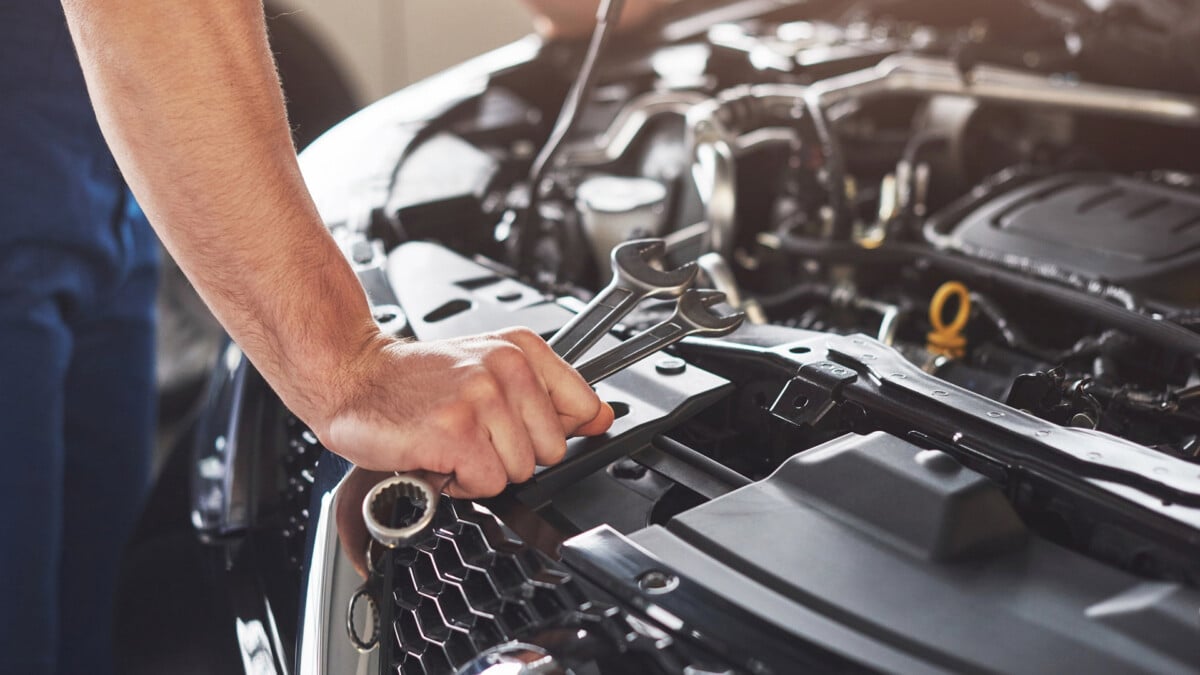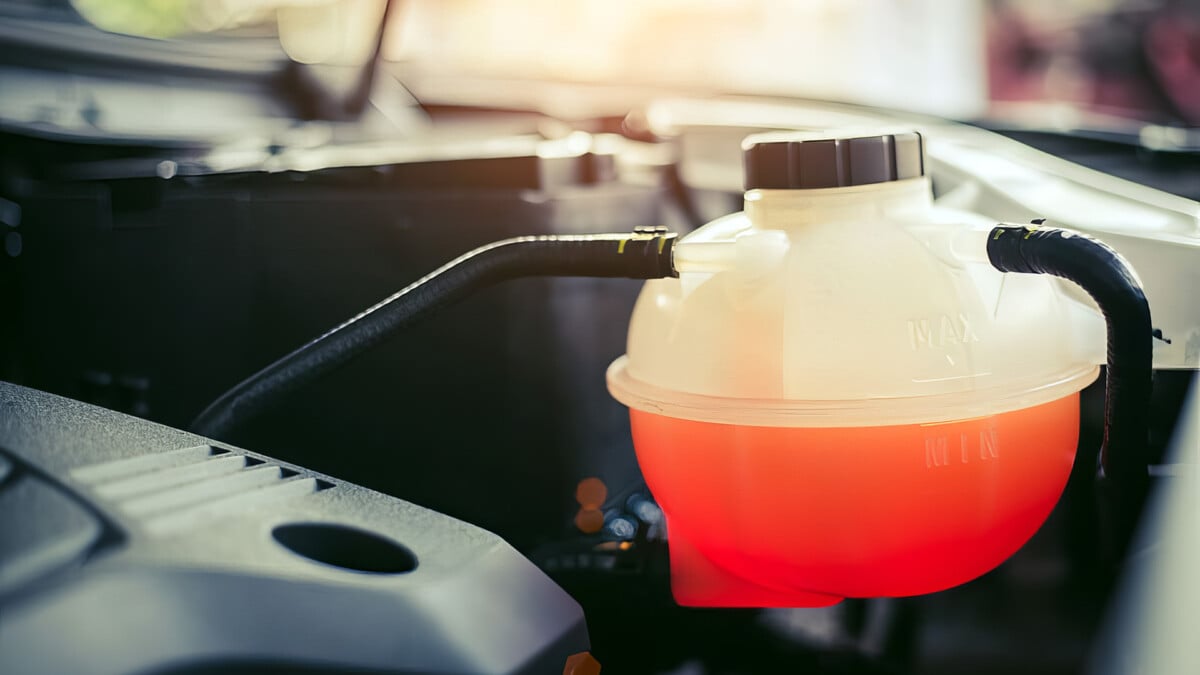

Car Recalls: What They Are and What to Do
Vehicle recalls are an essential part of keeping the UK’s roads safe. If a car has been found to contain a manufacturing defect—particularly one that could compromise the safety of drivers, passengers or other road users—then the manufacturer will issue a recall to get it fixed as soon as possible.
But if your car is recalled, does it mean you’re in danger? Not necessarily. In most cases, recalls are preventative and the repair is free of charge.
In this article, we’ll explain what vehicle recalls are, how to find out if your vehicle is affected, and what actions to take if your car is part of a safety recall.
What is a vehicle recall?
A vehicle recall is a formal notice issued by a manufacturer when a defect is discovered that could affect the safety or legal compliance of a vehicle.
Car recalls are overseen in the UK by the Driver and Vehicle Standards Agency (DVSA) in cooperation with manufacturers and the Driver and Vehicle Licensing Agency (DVLA).
Recalls are not limited to cars—they also cover vans, motorbikes, tyres, accessories, and even child car seats.
The most common reasons for a recall include issues with:
- Braking systems
- Airbag functionality
- Fuel leaks
- Electrical faults
- Steering components
- Fire risk
- Seatbelt anchors
Sometimes, recalls affect only a handful of vehicles. In other cases, they may involve hundreds of thousands.
Why do manufacturers recall cars?
Manufacturers are legally obligated under the UK’s General Product Safety Regulations to take action if a product poses a safety risk. This includes:
- Notifying affected vehicle owners
- Offering a fix or replacement
- Completing the repair free of charge
Recalls can be triggered by in-house quality control, customer complaints, or independent investigations by regulatory bodies like the DVSA.
Importantly, a recall is not a sign of poor quality—it’s a sign that the manufacturer is taking safety seriously.
How does the recall process work?
When a fault is identified, the manufacturer registers the issue with the DVSA. This includes details of:
- Affected makes and models
- The VIN (Vehicle Identification Number) ranges
- The nature of the defect
- How the issue can be fixed
Vehicle owners are then contacted via post or email. Depending on the severity of the issue, the recall may be:
- Voluntary (recommended fix at earliest convenience)
- Urgent (requiring swift action)
- Stop-drive (instructing you not to drive the car at all)
Once contacted, you’ll usually be asked to book a service appointment with an authorised dealer. The fix may involve a software update, part replacement, or full system repair—and it should cost you nothing.
Where to check if your car has a recall
Even if you haven’t received a notification, it’s a good idea to check occasionally—especially if you’ve bought a used car or changed address.
Here are three free and reliable ways to check for car recalls in the UK:
1. GOV.UK Recall Checker
Visit gov.uk/check-vehicle-recall and enter your vehicle’s registration number. You’ll see any active or outstanding recalls.
2. Manufacturer Websites
Most major car brands offer VIN-based recall check tools on their websites. You’ll need your 17-digit VIN, usually located at the base of your windscreen or inside the driver’s door frame.
3. SMMT and The Motor Ombudsman
The Society of Motor Manufacturers and Traders (SMMT) and The Motor Ombudsman offer recall databases where you can look up recalls by make and model.
What to do if your car is recalled
If your vehicle is subject to a recall:
- Contact the dealership or service centre – They’ll confirm the issue and book you in for the repair.
- Have your VIN ready – It’s the quickest way to identify your vehicle.
- Don’t delay the fix – Some defects may worsen over time or affect your insurance validity.
- Keep a record – Save any repair documents or recall confirmations for your own records, especially if you plan to sell the car later.
If the recall includes a stop-drive warning, arrange recovery to a dealership rather than driving it in.
Missed a past recall? You can still get it fixed
You might be surprised to learn that vehicle recalls don’t expire. Even if a recall was issued years ago, you are still entitled to the free repair as long as the car is still on the road.
Many UK manufacturers maintain recall support for at least 10 years, and the DVSA retains records of recall notices going back even further.
So if you bought a second-hand car and don’t know the history, it’s worth checking. A missed recall could be a safety issue waiting to happen.
Major UK vehicle recalls in recent years
Here are a few of the most significant vehicle recalls to hit the UK market in the past few years:
Citroën and DS (2009–2019)
Affected by faulty Takata airbags, these models were subject to a stop-drive notice in 2025:
- Citroën C3 (2009–2016)
- Citroën C4 (2010–2018)
- DS3 (2009–2019)
- DS4 (2010–2017)
- DS5 (2010–2018)
The issue involved airbag inflators that could rupture and cause injury in a crash. Stellantis (the parent company) mobilised its network across the UK for urgent replacements.
Vauxhall Astra (1991–1999)
More than 600,000 cars recalled due to a design flaw allowing water to mix with brake fluid—requiring bonnet modifications and brake system flushing.
Mercedes-Benz (2024)
Over 330,000 models recalled due to electronic steering system faults that could cause loss of control under specific conditions.
BMW (2024)
Over 600,000 vehicles recalled due to airbag and seatbelt pretensioner concerns, with certain M Sport models being particularly affected.
Are vehicle recalls common in the UK?
Yes—and growing awareness and better technology mean more recalls are issued today than ever before. But that’s a good thing. It means problems are being identified early, and manufacturers are taking swift action to resolve them.
On average, over a million vehicles in the UK are recalled every year.
The good news? Most fixes are minor, completed within an hour, and completely free.
Should I worry if my car is recalled?
Not necessarily. A recall doesn’t mean your car is falling apart or inherently dangerous. In most cases, it simply means a risk has been identified, and the manufacturer wants to make things right before something goes wrong.
That said, it’s essential to take every recall seriously. Ignoring one could affect your:
- Road safety
- Insurance cover
- Vehicle resale value
- MOT test outcomes
Summary: Key things to remember about vehicle recalls
- Vehicle recalls are issued to address safety defects
- Repairs are free and usually straightforward
- Check recalls online using your reg or VIN
- Don’t delay repairs—some may be urgent
- Always keep your contact details updated with the DVLA
- Run a recall check when buying a used car
Final Thoughts
Recalls may feel alarming, but they’re part of a robust system to keep UK motorists safe. Whether you drive a hatchback in Birmingham or a family SUV in Manchester, you could be affected.
So don’t ignore those letters or dashboard notifications. Take action quickly, arrange the free repair, and enjoy peace of mind knowing your car is safer for it.
Want to check your vehicle now?
Visit gov.uk/check-vehicle-recall to see if your car is affected.
Whether you’re staying on top of safety checks or shopping for your next vehicle, staying informed is key.
Explore thousands of used cars for sale on MotorHype and drive with confidence.
For more UK motoring advice, news, and car safety updates, explore our latest articles at MotorHype.
Add a comment Cancel reply
Categories
- Advice (18)
- Car Reviews (14)
- Competitions (1)
- General News (20)
- Guides (38)
- New Cars (18)
MotorHype Merchandise
Check out the latest MotorHype merchandise on our dedicated online shop.
Recent Posts
Related posts


Choosing the Right Engine Coolant for Your Car

Lost Car Keys: Replacement Tips and Advice

Choosing DIY or Professional Car Detailing
Subscribe to our newsletter
Subscribe to our newsletter
You can unsubscribe at any time. Read our privacy policy.
You can unsubscribe at any time. Read our privacy policy.
This site is protected by reCAPTCHA and the Google Privacy Policy and Terms of Service apply.






